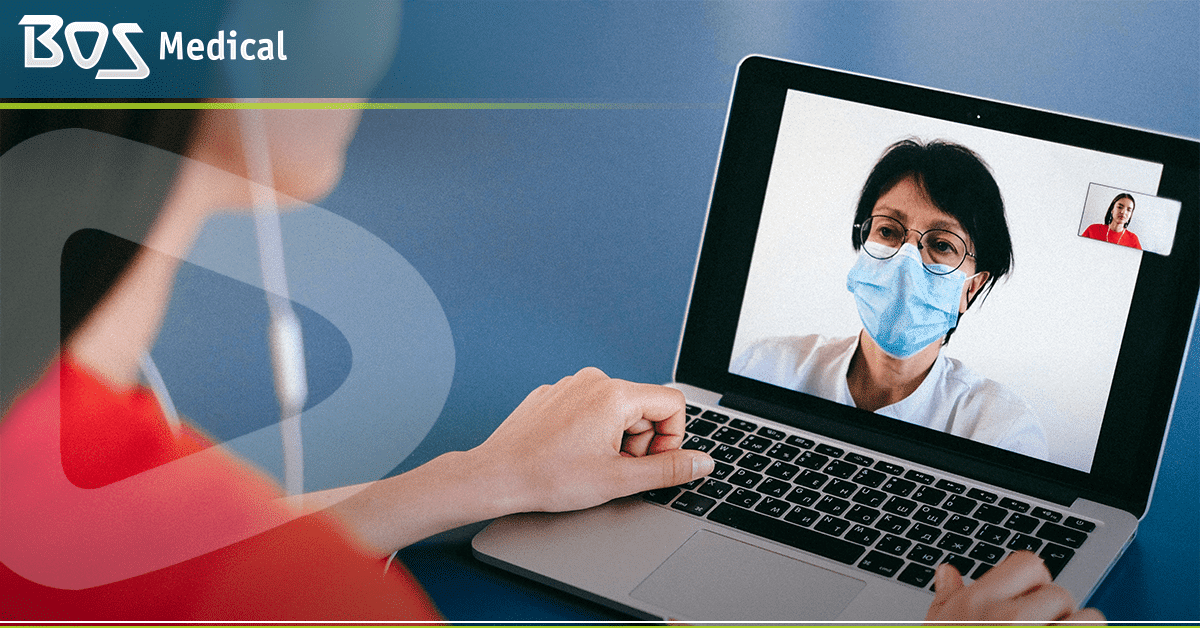
Becoming a nurse practitioner (NP) can be achieved in a number of ways. All NP’s are registered nurses who have advanced their education to earn a masters of science in nursing, at minimum. Some nurse practitioners go on to earn a graduate degree in their field of specialty such as geriatrics, pediatrics, gynecology, and obstetrics, for example.
The field of nurse practitioner is growing and the need for skilled NP’s has increased significantly over the past decade. A nurse practitioner can provide patients with primary, as well as specialized, healthcare much like a physician. A nurse practitioner has the ability to examine patients, diagnose illnesses, order diagnostic tests, create a treatment plan, prescribe medications, and provide referrals. The focus of your practice as a nurse practitioner will be centered on wellness and prevention. For this reason, and many others, NP’s are filling a gap that has long been in need of attention in the healthcare arena.
If you have an interest in becoming a nurse practitioner there are some steps you’ll need to take. If you have already worked in healthcare as an RN your track to NP will be somewhat easier. For those who are starting fresh, becoming an NP will take a bit longer but is an achievement you certainly won’t regret. Here is a step-by-step guide to give you an idea of what it takes to become a nurse practitioner.
Step 1: Earn Your BSN
In order to become a nurse practitioner you must first obtain your bachelor’s of science in nursing. The will take approximately 4-5 years, depending on your program and the amount of time you have to attend school. It is recommended, if possible, that you be prepared to attend school full time.
You will have a full and intense course load including biology, psychology, anatomy and physiology, chemistry pathophysiology, nutrition, health assessment and nursing. You will participate in clinical to gain some hands-on experience in patient care. Your clinical will include exposure to several specialties.
Step 2: Become Licensed
Once you’ve earned your BSN you will need to be licensed in your state to work as an RN. A passing score on the NCLEX-RN exam is required for licensure. Each state regulates their own requirements for testing.
Step 3: Get Real Life RN Experience
Many master’s programs will require you to obtain one year of work experience as an RN, preferably in your specialty area. The type of experience will vary according to your chosen specialty. For example, you will be required to gain experience in a pediatric wing or hospital should you desire to specialize in pediatrics. Geriatrics may require you to work in a skilled nursing facility and a nurse practitioner who wants to specialize in acute care may be required to work for a year in an ICU.
Not all programs require a year’s experience in the field, however it will only boost your knowledge and finesse your patient care.
Step 4: Obtain Your MSN
Back to school you go, but having earned your BSN your MSN will be a little less grueling. You’ll combine class work with clinical experience. You will take courses such as pathophysiology, pharmacology, physical assessment, ethics, and writing. Additional courses pertaining to your specialty will also be required as will additional clinical experience focused on your specific area.
Step 5: Obtain Board Certification in Your Specialty
Upon earning your MSN you will then obtain board certification in your specialty. There are 2 organizations offering board certification for a nurse practitioner. The American Academy of Nurse Practitioners (AANP) and the American Nurse Credentialing Center (ANCC) both offer board certification, which is good for up to five years. You will be required to continue some education through classes typically offered through either your employer or your professional agency. You will need to be retested for recertification.
Accelerated Programs to Become a Nurse Practitioner
For those interested in becoming a nurse practitioner who already hold a BSN and have worked in healthcare as an RN there are accelerated programs. You can usually obtain your MSN in just over a year compared to the typical 2 year path. These accelerated programs aren’t available everywhere so do some investigating. You’ll need to be prepared for the pace and may not be able to work over the course of obtaining your MSN through an accelerated program.
Becoming a nurse practitioner does take dedication and focus but the payoff is worth it. You’ll have the freedom to work autonomously and even open up your own practice, depending on where you live. Your salary will vary depending on your specialty and location, but the average pay for a qualified nurse practitioner is about 51.00 per hour. Job security is of no concern to the nurse practitioner as this is one of the fastest growing, and most direly needed, careers in healthcare.






